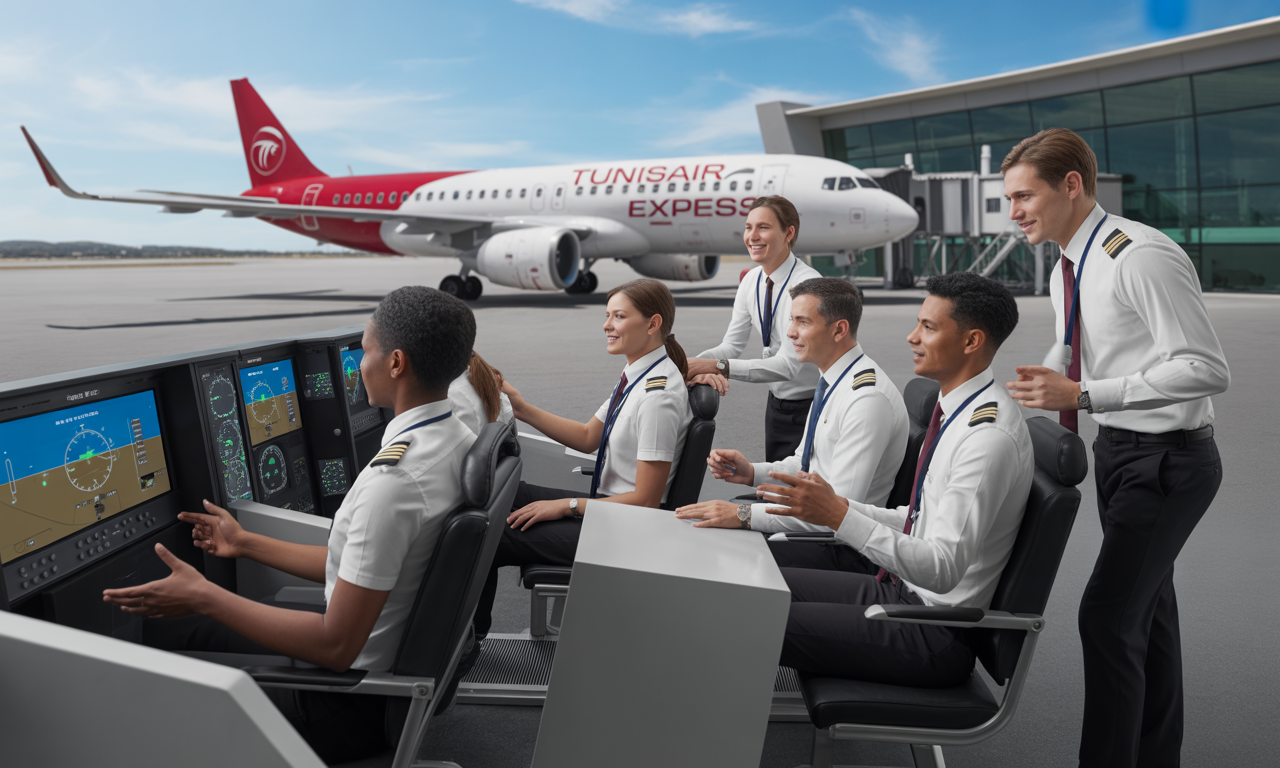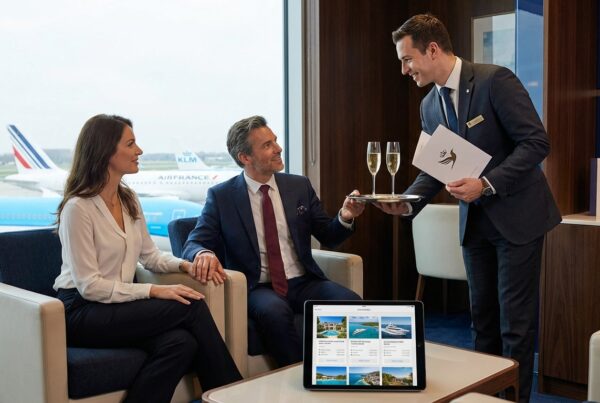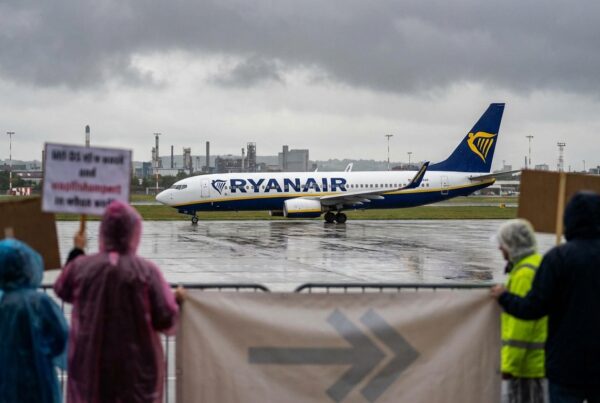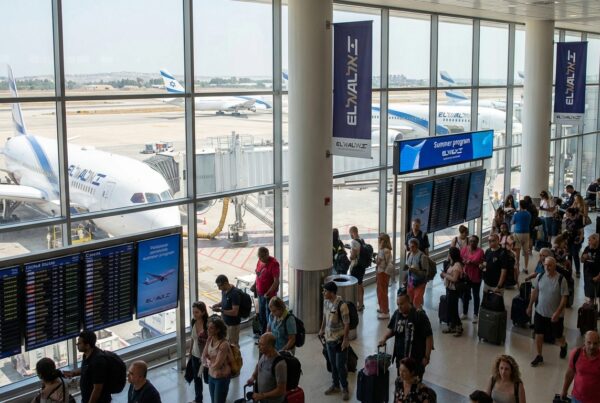The strategic partnership between Tunisair Express and ATR aims to revolutionize training future pilots by integrating cutting-edge technologies and innovative teaching methods. This initiative combines the expertise of the airline operator with the technical experience of the equipment manufacturer, guaranteeing safe, practical learning. Trainees benefit from personalized supervision, advanced simulation tools and ongoing monitoring to optimize their progress. This ambitious project strengthens the competitiveness of the aeronautical sector by promoting rigor and excellence in the development of professional skills. This innovative alliance ensures the future of aviation by training competent, responsible and active experts.
Against a backdrop of rapid technological change and ever-increasing safety requirements, Tunisair Express and ATR are embarking on an innovative partnership to redefine the training future pilots. This collaboration aims to integrate advanced simulation tools and adapted training programs, guaranteeing optimal learning and a thorough understanding of the challenges of modern piloting.
Cutting-edge technology for training
Thanks to the latest innovations in remote piloting, simulators and virtual reality, the training we offer is immersive and interactive. Future pilots benefit from a learning environment close to real-life flight conditions. The technical approach deployed is a reminder that safety and performance go hand in hand, as demonstrated by similar initiatives in the airline industry, for example when Air India rethinks its safety protocols carefully and thoughtfully.
A focus on collaborative innovation
This strategic partnership highlights the importance of continuous exchange between the manufacturer and the airline, in order to meet the demands of the industry. Your technical know-how and desire to innovate are reflected in our training methods, which incorporate both simulation technologies and critical analysis of crisis situations. In the same spirit of innovation, Lufthansa Cargo innovates with virtual reality to enhance the skills of its teams, with a modern, interactive teaching approach.
Exemplary initiatives in the aeronautical world
The integration of innovative solutions in training recalls constructive examples such as conversion of the first Airbus A350-900where the emphasis is on quality, technology and collaborative work. International expansion is also confirmed, as demonstrated by the announcement of EasyJet inaugurates ten new destinationsreflecting the importance of meeting the needs of a global market constantly striving for excellence.
At the same time, the user experience is optimized to ensure fast, secure access to information. As a result, our subscribers enjoy uninterrupted browsing thanks to an interface devoid of intrusive advertising. The comment system, validated via a pseudonym reserved from their e-mail address, enables immediate, authentic interaction, ensuring that every contribution is an effective contribution to the debate.
Continuous improvement in training is also reflected in projects aimed at developing the tourism sector, such as the boom in the field of tourism in FranceThis dynamic reflects a shared commitment to technical and operational excellence on all fronts. This momentum reflects a shared commitment to technical and operational excellence on all fronts.
On the other hand, the introduction of a modern system for the publication of comments, where the instant feedback is reserved for subscribers, while non-subscribers are subject to moderation, reinforcing the quality of exchanges on the platform. These initiatives are a perfect illustration of how technical innovation can benefit both training and the user experience.

Pilot Training Comparator
| Criteria | Description |
|---|---|
| Strategic partnership | Tunisair Express and ATR join forces to promote excellence in learning. |
| Technical expertise | Combining operational know-how and engineering for top-level training. |
| Educational innovation | The use of modern methods and simulators for immersive learning. |
| Training quality | Personalized, rigorous monitoring to ensure optimum skills development. |
| Cutting-edge technologies | Use of high-performance tools and simulation systems to prepare future pilots effectively. |
| Operational safety | Reinforced protocols and compliance with international standards for enhanced safety. |
| Accessibility | Training programs designed to meet the needs of a fast-changing aeronautics sector. |
| Vision of the future | Implementation of a strategy to prepare pilots for the challenges of modern air transport. |




